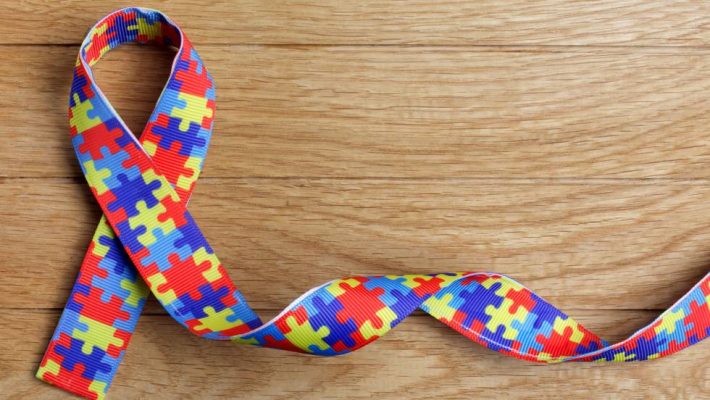
On April 2, we celebrate “World Autism Awareness Day”.According to WHO statistics, one in every 160 children worldwide has Autism Spectrum Disorder (ASD), although in low- or middle-income countries like ours, the prevalence has not been extensively studied.Individuals with ASD experience a disorder that affects neurological development. It is typically detected before the age of […]
25 March, 2024

“How to teach our children and young people to be supportive?”
According to Montessori pedagogy, human beings go through different “sensitive periods or sensitive periods.” They are stages or moments of development in which we are predisposed and it becomes easier for us to learn a special skill, using our senses and our entire being to achieve it. In this way we have successively gone through […]
22 March, 2024

How to boost self-esteem in children
Self-esteem is the personal evaluation we make of ourselves, considering our own abilities, skills, achievements, and mistakes. Being a subjective opinion or judgment, it is greatly influenced by our emotions and mood, so it can range from positive self-esteem to negative. For better or for worse, self-esteem is an assessment that changes throughout life, depending […]
21 March, 2024